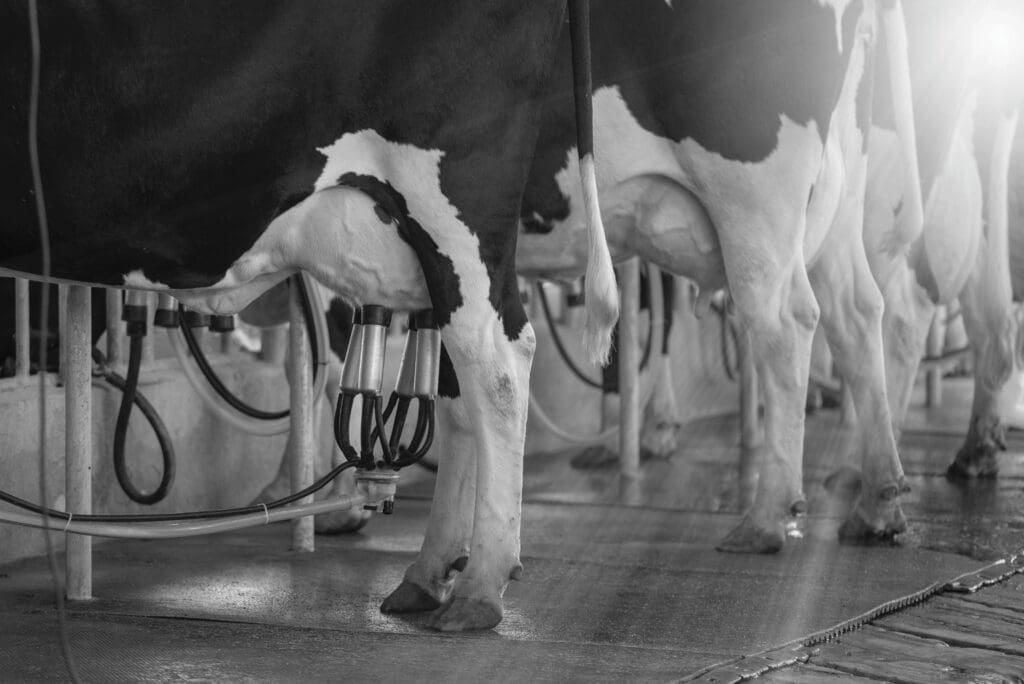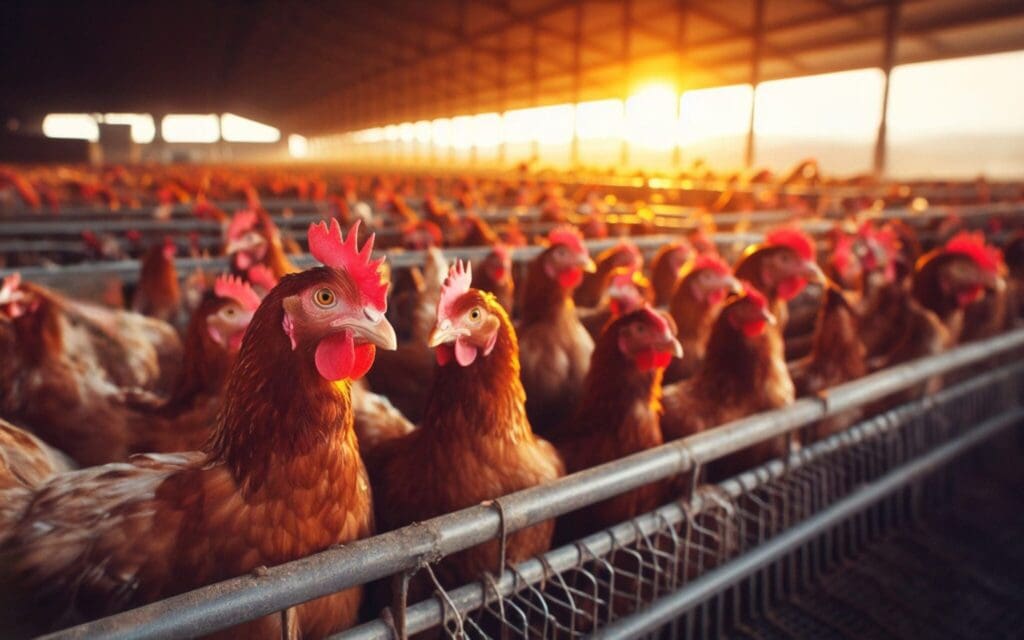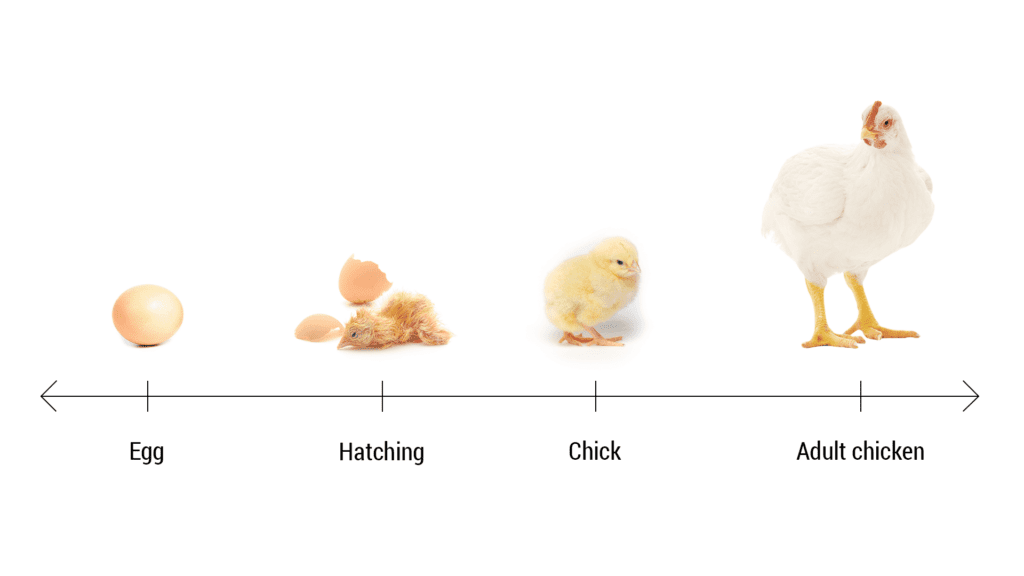Jack and Rex go for a walk every day – at least every day since Rex turned six months old! One sunny afternoon when Jack gets home and prepares for their daily walk, he sees that Rex is not quite in the mood to walk; he is stiff and moves slowly to the front door. It’s then that Jack realises that over the past few months, Rex has become increasingly less excited about his daily walks. Jack takes him to the local vet instead, and finds out that Rex is suffering from joint pain.
Could Jack have prevented Rex’s joint discomfort? To understand if prevention is possible, we need to start with a discussion about the basic anatomy and function of joints. Joints consist of bones, cartilage, synovial fluid, and ligaments. Joints basically allow for free movement. Without joints, bones would be stiff and not able to move in all directions.
Joint pain is common, especially in older dogs. As a joint ages, the synovial fluid becomes less viscous, thus providing less lubrication, and eventually leading to cartilage damage and joint pain. Although there are many different joint diseases with different symptoms, a few common symptoms are limping, the inability to jump, swollen joints, muscle degeneration, and a change in temperament (depression or aggression).
Supporting joint health
It should be a lifelong goal for a pet owner to focus on joint support for dogs. This can be done by keeping their dog healthy – ensuring a proper diet is fed and keeping them fit through low-impact exercise such walking, swimming, and stretching.
As for the diet, pet owners should consider diets that are fortified with nutraceuticals. Nutraceuticals are defined as dietary components that provide health benefits beyond their traditional nutritional value. They can be seen as nutrients that slot in between dietary supplements and pharmaceuticals.
Common nutraceuticals used (and their functions) include:
- Omega-3 fatty acids play a role in the regulation of inflammation in joints.
- Glucosamine and chondroitin sulphate inhibit cartilage degradation and stimulate cartilage production.
- Antioxidants reduce inflammation by scavenging free radicals.
- Hyaluronic acid keeps joints lubricated and moist by retaining water.
- Collagen enhances the integrity of cartilage.
Whether you choose to feed a diet fortified with nutraceuticals or use directed exercise to prevent joint pain, the basics of joint support for dogs stay the same … prevention is better than cure!
Download the full article as published in the June 2021 issue of the PFI Newsletter.
Anri Strauss is a scientific adviser in the ruminant team at Chemuniqué, holding a master’s degree in nutrition from the University of Pretoria. She grew up on a farm and still lives in the Free State, where she and her husband also farm with Boer goats.











Nice article Anri, thanks 🙂